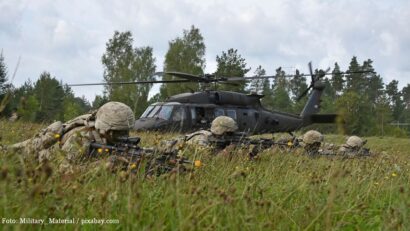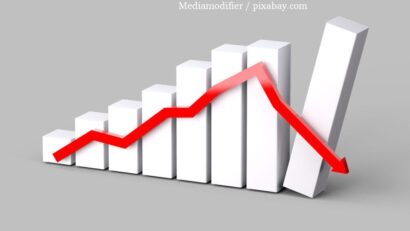Economic and Political Challenges
The year 2014 was a year filled with major political events, as Russia operated the first territorial changes in Europe after the war in the former Yugoslavia, and brought back fears of another Cold War, according to analysts.

România Internațional, 09.01.2015, 13:48
The year 2014 was a year filled with major political events, as Russia operated the first territorial changes in Europe after the war in the former Yugoslavia, and brought back fears of another Cold War, according to analysts. Economically, 2014 was a year of adjusting expectations of growth made in the first few months of the year, due to persistent uncertainty which is sure to afflict the year 2015 as well, according to economist Aurelian Dochia. At the same time, one of the most encouraging developments of 2014 is the recovery of the US economy.
Here is Aurelian Dochia: “The American economy is confirmed to have come out of the crisis. The growth announced late last year, up to 5%, shows a positive stabilization and this may reflect on the world economy, since the American economy is the biggest in the world. It is a great evolution for a lot of the countries that consume a lot of energy, since oil prices have been dropping, and that has a positive impact on consumers and on inflation. There is inflationary pressure because of this evolution in the price of oil, which is also very strong in Europe.”
If the American economy seems to have a positive evolution, things stand differently when it comes to the EU and especially the Eurozone. The countries in the region face many problems, among which general economic stagnation without a clear direction for recovery, says Aurelian Dochia:
Aurelian Dochia: “It is unlikely that in 2015 we will be seeing spectacular recovery, especially since many countries in Europe have elections this year, and there may be some surprises. Greece will have early elections, and it is highly likely that the extremist Syriza party should get a large number of seats in Parliament, which will complicate the relationship Greece has with other European countries and the IMF. The direction Greece takes anticipates what may happen with other European countries. Spain, for instance, has elections this year. Podemos, a party that opposes many aspects of the relationship with the EU and the EU austerity plan imposed on Spain, could be an important topic of negotiation. There are a lot of questions when it comes to European politics, and this does not bode well for the economy.”
One of the priorities of this EU presidency, held by Latvia this semester, is to increase the EU’s economic competitiveness and create jobs. Riga has a lot on its hands: EU’s relationship with Russia, the effects of the economic crisis in Russia, the Greek situation, energy security, and last but not least, the economic situation. The authorities in Riga have announced they want to get involved in common efforts to combat Jihadist Islam and to combat discriminatory attitudes in the UK towards East European workers. Here is Radio Romania’s correspondent to Brussels, Cerasela Radulescu:
Cerasela Radulescu: “We should not forget that Latvia takes over this position at a time of economic uncertainty in the EU. The lack of jobs and the social situation continue to be reasons for worry. According to recent economic predictions made by the EC there will be slow economic growth and a high rate of unemployment: almost 25 million people, of the current 500 millions, with 18 million of them in Eurozone states. Long-term unemployment in the EU threatens to become structural, even in well performing economies. As for the very cold diplomatic relations between the EU and Russia, the head of Latvian diplomacy, Edgars Rinkevics, announced that any dialogue with Moscow would be pragmatic, without preconceived ideas in favor or against Russia. According to his statements, the position taken by Latvia, a country with a significant Russian speaking population, which largely supports the Kremlin, is simple: if there is notable improvement of the situation in Ukraine, and the cease fire signed in Minsk is observed, an agreement Russia has signed, Riga will consider lifting or diminishing sanctions against Moscow.” At the same time, if the situation in Ukraine worsens, Latvia says it would consider enhancing sanctions.






























